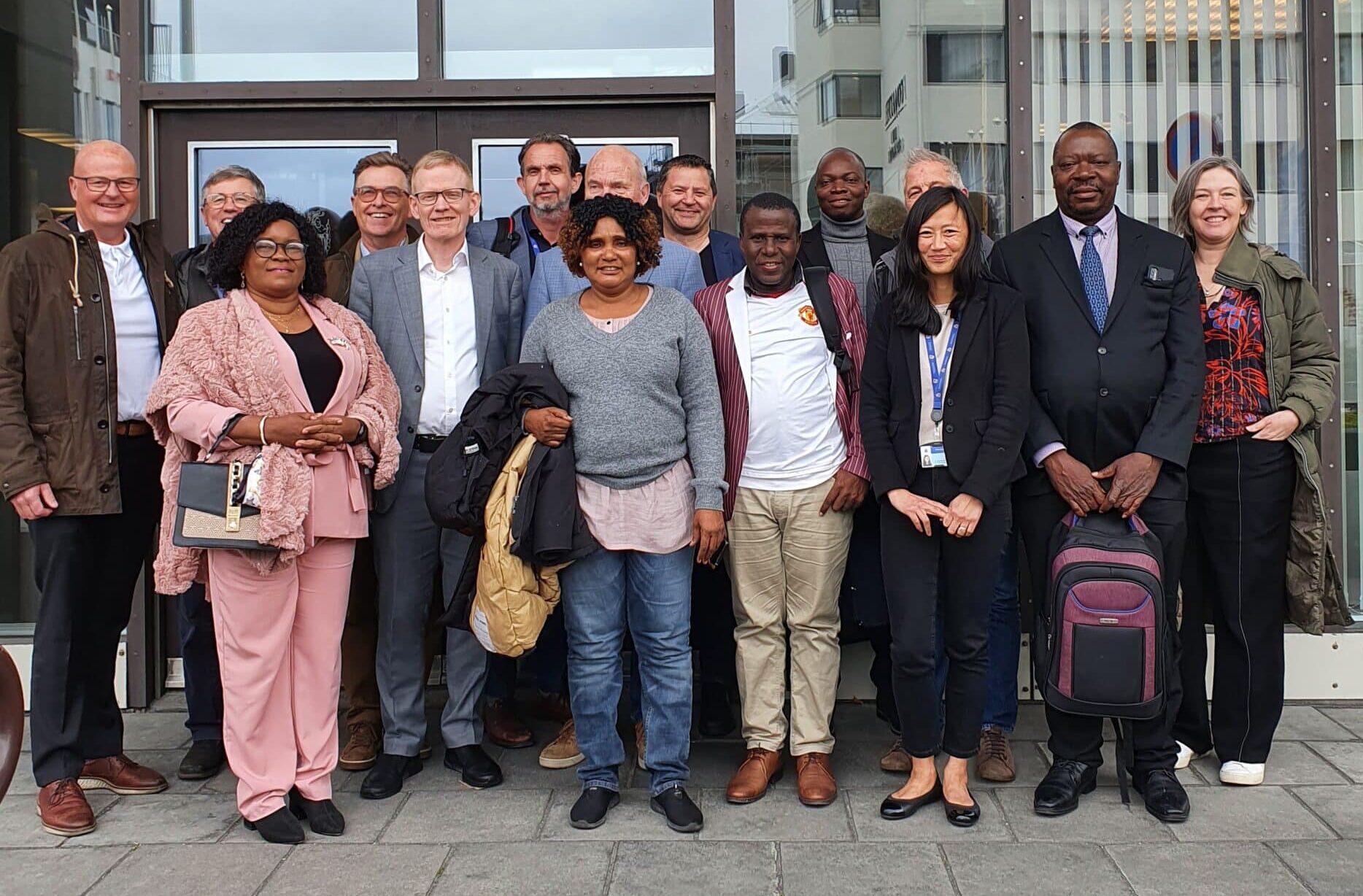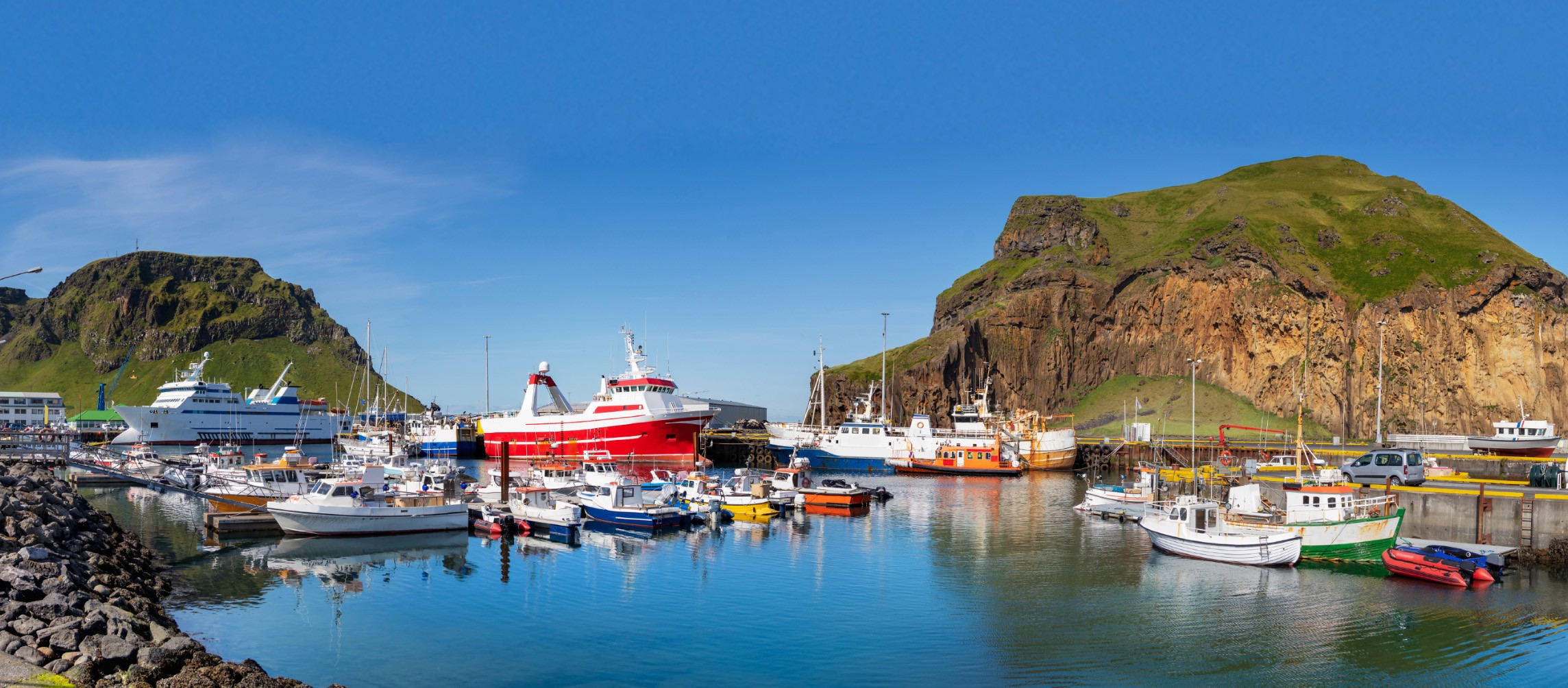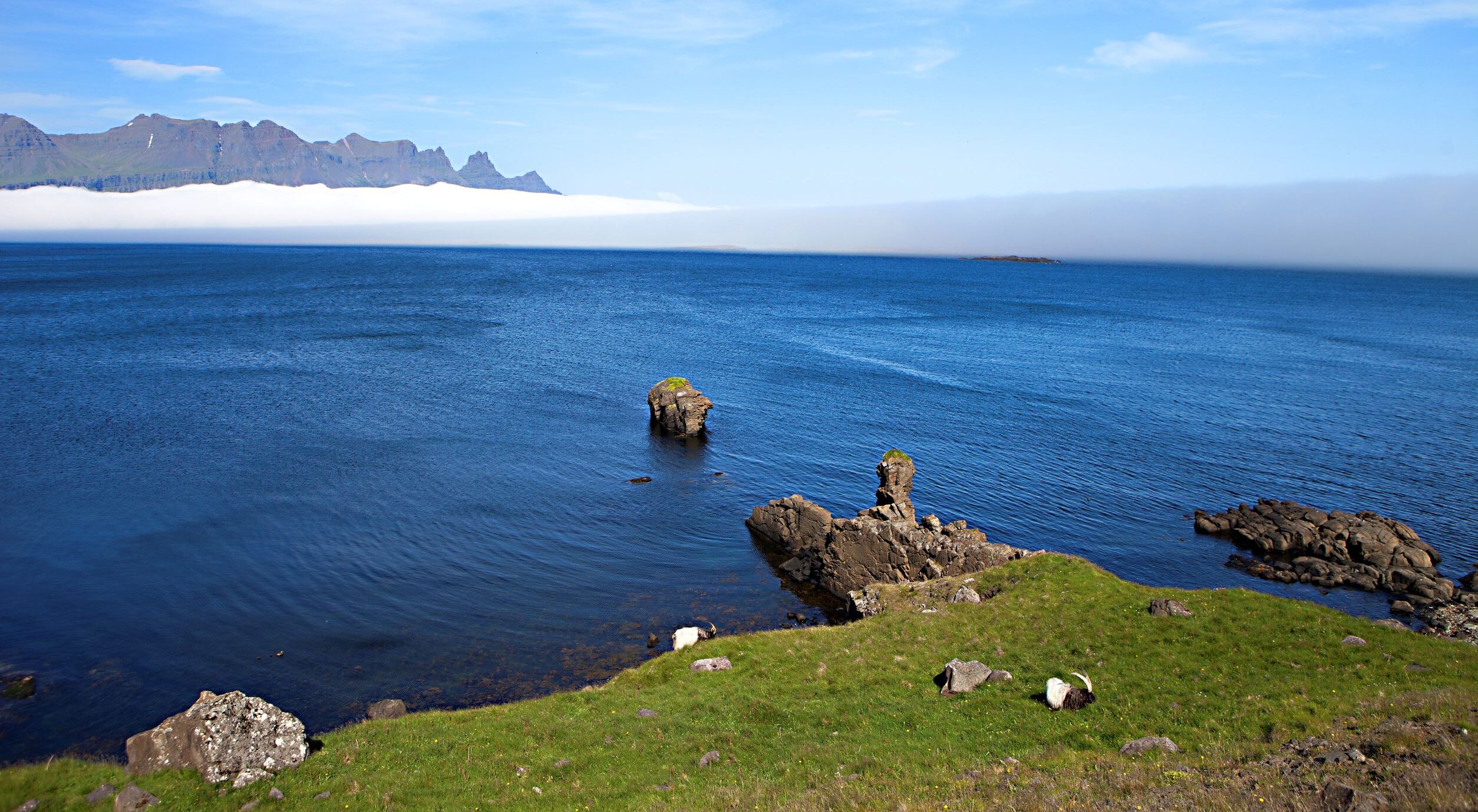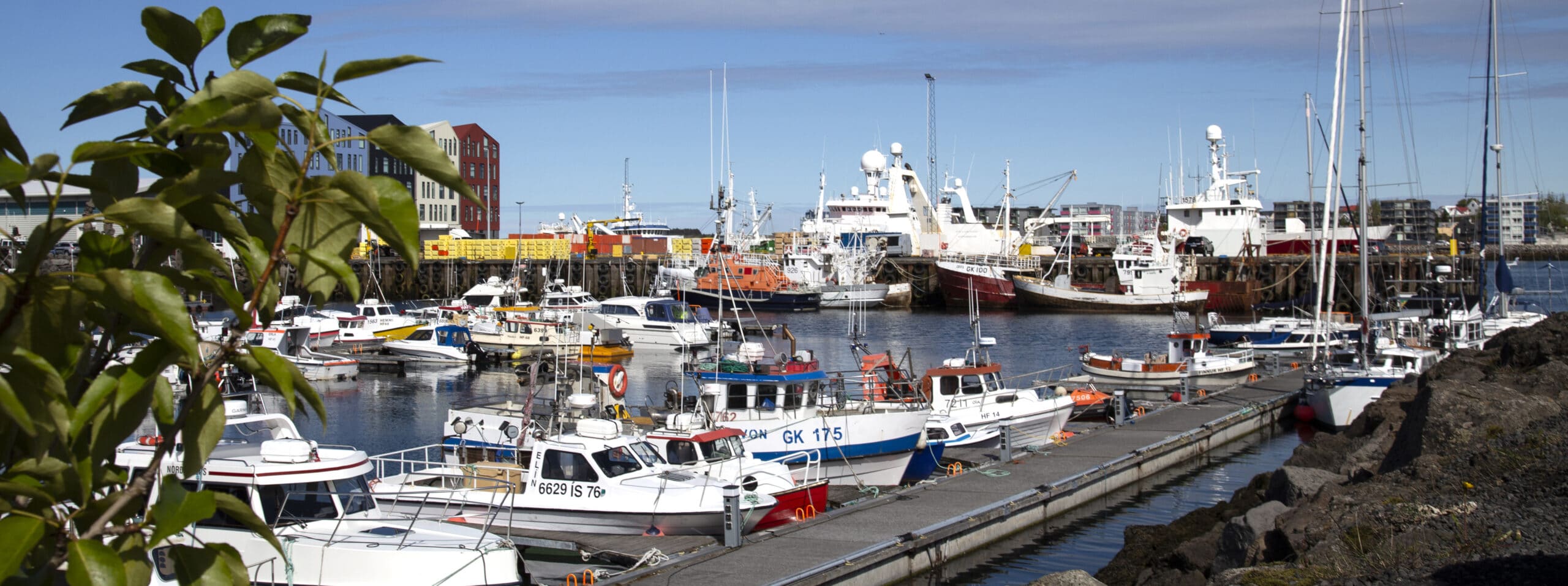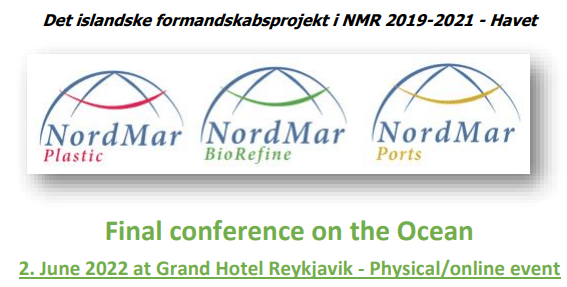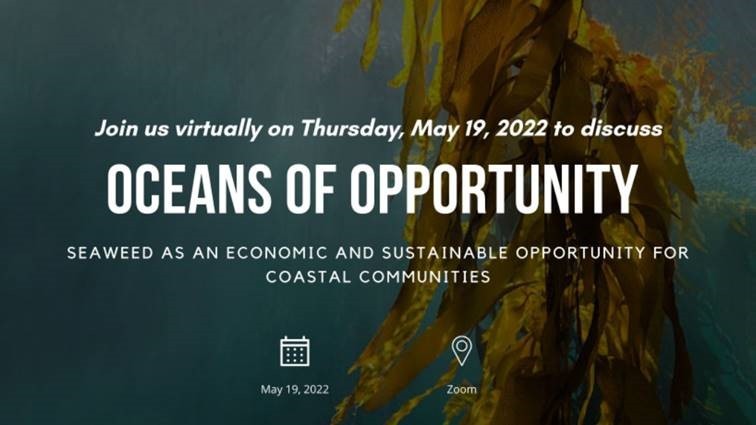The Minister of Fisheries of Sierra Leone visits Matís
Sendinefnd frá Sierra Leóne kom til landsins í lok september í boði utanríkisráðuneytisins til að kynna sér starfsemi helstu stofnanna
The Minister of Fisheries of Sierra Leone visits Matís Nánar »
